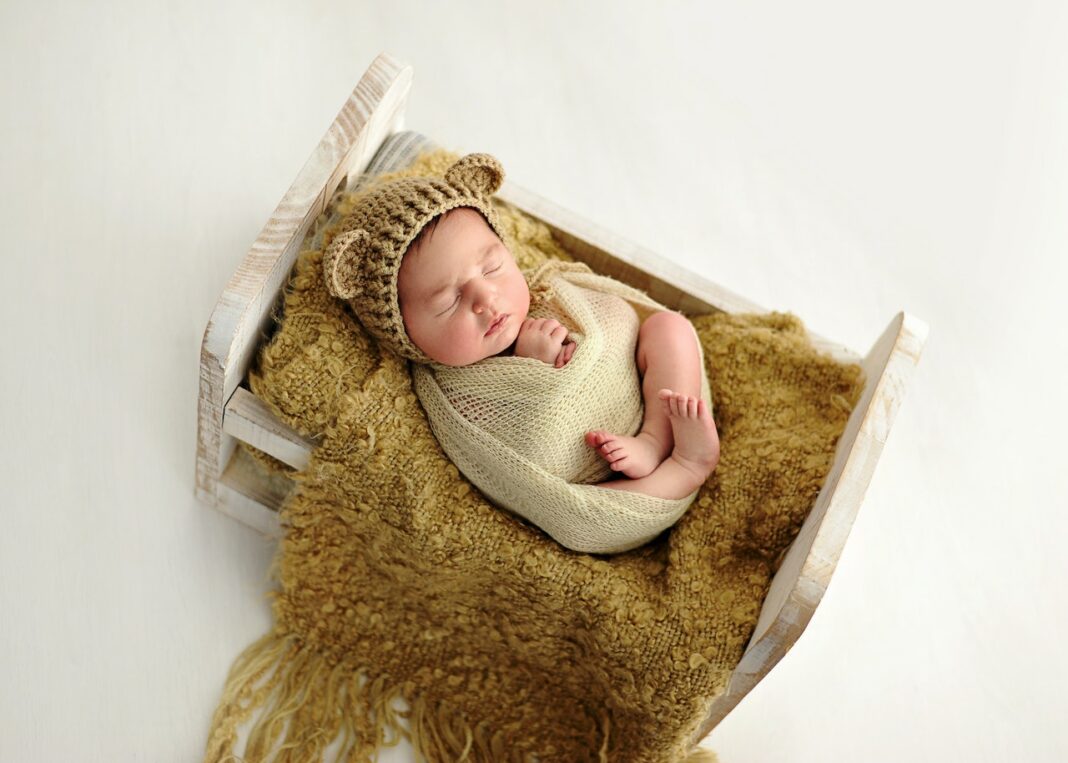Co-sleeping with your baby can be a great way to bond and create a strong attachment. However, following some safety guidelines is essential to ensure both you and your child are safe during co-sleeping. Many accidents happen when parents co-sleep with their children without taking the proper precautions. According to the Consumer Product Safety Commission, over 700 infants die yearly in the United States from sleep-related accidents. Here are some tips to help you safely co-sleep with your baby.
1. Never Leave Your Baby Unattended:
It is essential never to leave your baby unattended while co-sleeping. If you need to leave the room, make sure someone else is there to watch your baby. Never put your baby in a crib or bassinet with pillows, blankets, or toys. These can all pose a suffocation hazard. If you are using a crib, ensure the mattress is firm, and there are no gaps between the mattress and the sides of the crib.
2. Let the Baby Sleep on Her Back:
Babies should always sleep on their backs to reduce the risk of Sudden Infant Death Syndrome (SIDS). When co-sleeping, ensure your baby is positioned on her back in the middle of the bed. This will help prevent her from rolling off the bed or smothered by pillows. If you use a bedside sleeper, ensure the side is up, and the baby is always in view.
3. Skip the Blanket
It is best to avoid using blankets when co-sleeping with your baby. Blankets can pose a suffocation hazard. If you must use a blanket, ensure it is lightweight and breathable. Never put a blanket over your baby’s head. This can cause your baby to overheat and increases the risk of SIDS.
4. Wear Simple Clothing to Bed
When co-sleeping, it is best to wear simple clothing to bed. Loose, flowing clothing can pose a strangulation hazard. If you are wearing a nightgown, ensure it does not have a drawstring waist. Avoid wearing jewellery to bed, which can also pose a strangulation hazard.
5. Check for Gaps or Crevices
Before co-sleeping, check the bed for any gaps or crevices. These can pose a serious hazard for your baby. Make sure there are no gaps between the mattress and the headboard or footboard. Also, check to ensure there are no cracks in the bed frame your baby could fall into.
6. Have Your Mattress On the Floor
It is best to have your mattress on the floor when co-sleeping. This will help to prevent your baby from rolling off the bed. If you cannot put your mattress on the floor, use a bed rail to keep your baby safe. Also, make sure there is nothing else in the bed that your baby can roll over onto, such as pillows or blankets.
7. Position Your Bed Away From Hazardous Room Features
When co-sleeping, it is essential to position your bed away from hazardous room features. Ensure your bed is not near a window where your baby could fall out. Also, keep your bed away from any cords or electrical outlets. These can pose a serious strangulation hazard for your baby.
8. Keep Pets Away From the Bed
Pets can pose a severe hazard when co-sleeping with your baby. Pets can jump on the bed and accidentally suffocate your baby. They can also knock over lamps or objects that could fall on your baby. If you must keep pets in the room, ensure they are well-behaved and cannot get on the Co Sleeper Bassinet.
9. Don’t Take Alcohol When Going to Bed
It is important to avoid taking alcohol before bed when co-sleeping with your baby. Alcohol can make you sleep more deeply and increases the risk of rolling over onto your baby. If you must drink alcohol, make sure to do so several hours before bedtime. Also, make sure to use the restroom before bed so you will not need to get up in the middle of the night.
10. Do Not Smoke
Many people do not realise that smoking poses a severe hazard when co-sleeping with your baby. Smoking increases the SIDS risk and can cause your baby to suffocate. If you must smoke, do so outside and away from your baby. Also, avoid using drugs or taking medication before bedtime, as these can impair your ability to care for your baby.
Following these simple safety tips can help ensure you and your baby have a safe and enjoyable co-sleeping experience. Always use caution and common sense to keep your baby safe. Talk to your doctor or another medical professional if you have any concerns. They can offer additional advice on how to keep your baby safe.









